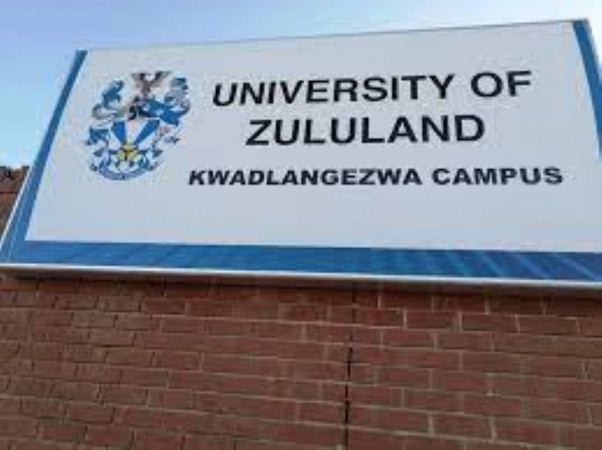
The Department of Economics, University of Zululand in South Africa has announced a call for papers for a 2-day Workshop on Moral Capital and Economic they have organized to take place on the 20th and 21st of June 2023. The workshop theme is: Enhancing Moral Capital for Sustainable Economic Growth: Africa and the World. The physical workshop shall be hosted at Peermont Metcourt Hotel at Umfolozi, Empangeni, South Africa.
The relationship between moral capital and economic growth has been recognized as a critical factor in the development of sustainable economic systems. Moral capital refers to the intangible assets of an organization or society, including trust, social cohesion, ethical behaviour, and shared values. It is increasingly seen as a vital factor in achieving long-term economic growth and social welfare.
The workshop will provide forum for scholars and practitioners to exchange ideas, share research findings, and discuss practical strategies for enhancing moral capital for sustainable economic growth. They are inviting submission of high-quality conceptual, theoretical and empirical papers that address recent thinking on some of the issues that relate to but are not limited to the following themes:
- Conceptualizing moral capital: Defining the concepts and components of moral capital, identifying the factors that contribute to its accumulation, and measuring its impact on economic growth.
- Moral capital and economic growth: Analyzing the impact of moral capital on economic growth, exploring the mechanisms through which moral capital influences economic growth, and examining the role of institutions in fostering moral capital.
- Moral capital, Institutional Corruption, and Public Service Delivery: Investigating the relationship between moral values, ethics, institutional corruption, and quality public service delivery; and exploring how moral values and ethics can be integrated into economic policies, organizational, and institutional strategies to enhance moral capital.
- Moral capital, trust, and social capital: Examining the role of trust and social capital in the accumulation of moral capital, exploring the factors that contribute to trust and social capital formation, and analyzing the relationship between trust, social capital, and economic growth.
- Business ethics and moral capital: Investigating the impact of ethical behaviour on the accumulation of moral capital in organizations, analyzing the factors that influence ethical behaviour, and exploring the strategies that organizations can adopt to enhance moral capital.
- Public policy and moral capital: Analyzing the role of public policies in fostering moral capital, examining the effectiveness of current policies in promoting moral values and ethics, and proposing new policy measures to enhance moral capital.
- Moral capital, law and economics: Analysing the role of law and institutions in shaping the formation and expression of moral capital; and exploring the intersection of ethics, law, and economics in understanding the role of moral capital in economic growth.
- Moral capital and climate change: the role of moral capital in consumption of energy and the adoption of climate-friendly production technology
- Moral capital and integrity of international development finance institutions: examine the level of adherence to ethical and moral standards which is critical to their legitimacy and effectiveness in promoting sustainable economic development.
- Moral capital and education and its role in nation-building and empowerment of citizenry.
- Historical accounts of moral capital in different knowledge systems and societies and how these evolved over time.
- Thought experiments of moral capital destruction and its impacts on society.
Abstracts written in English and MS Word or PDF format should be submitted to VincentM@unizulu.ac.za or IlesanmiK@unizulu.ac.za on or before 19 May 2023.

Comment